Concerns about Nigeria’s electoral system and democratic principles were raised in Lagos on Thursday, with Prof. Akinyemi Onigbinde, Executive Secretary of the Centre for Policy and Development Studies, at the forefront of the discussion.
Onigbinde emphasized the urgent need for electoral reform, citing the current system’s inadequacies, Persecondnews reports.
This call for reform is not new, as Nigeria’s electoral system has faced criticism for its shortcomings, including the lack of transparency in tribunal panel selection and the failure of the Independent National Electoral Commission (INEC) to deliver on its mandate.
The Uwais Report, a comprehensive review of Nigeria’s electoral system, has provided recommendations for reform, including the unbundling of INEC and the introduction of electronic voting.
Onigbinde spoke at the 6th annual lecture of SWAAYA Limited, Publishers of Freedom Online, on Thursday, in Lagos.
According to the professor of philosophy and public affairs analyst, politics in Nigeria has been highly monetized while poverty among the people has also been weaponized.
He said politicians must begin to play their game the right way to strengthen the nation’s democracy.
Gov. Siminalayi Fubara of Rivers State said lack of public accountability, transparency in governance, weak institutions, passivity of citizens and the civil society organizations are reasons Nigeria has not experienced good governance
Persecondnews reports that Fubara received the Governor of the Year 2024 Award at the lecture tagged, “Nigeria’s Socio-Political Challenges: Whose Fault, Leaders or the Led?” that brought together politicians and media experts, among others.
Fubara, who was represented by a former Deputy Governor of the state, Mr. Tele Ikuru, said that as long as citizens and civil society organisations remained passive, bad governance would continue to elude the people.
“There is a symbiotic relationship between leadership and followership.
Leaders emerge from the same society they govern. If the people demand accountability, credible leaders are more likely to emerge.
“If citizens remain passive, bad governance will continue,” the governor said
According to him, elected officials such as governors, legislators and other political appointees have the mandate to serve the people and implement policies for national progress.
He said that people also had the power to influence leadership by making informed choices and holding leaders accountable for their actions.
Fubara said the country had battled several socio-political challenges, including economic stagnation , unemployment, corruption, over the years, saying it is time to change the narrative.
He decried electoral issues such as violence, rigging, and voter intimidation, saying the problems had constricted the space for the emergence of credible leaders.
Fubara also said weak public institutions, poor infrastructure, institutional failures had exacerbated governance challenges.
The governor frowned at tribal politics and lack of engagement of leaders, saying these had impacted the country’s democracy negatively.
“Instead of demanding good governance, some citizens support politicians based on ethnic or party loyalty rather than competence. Society often tolerates and even celebrates corrupt leaders, making accountability difficult.
“Many people do not actively engage with government policies, public hearings, or hold leaders accountable between elections,” he said.
Highlighting roles of the civil society and the media in exposing corruption and advocating for policy changes, Fubara said both leaders and citizens must take responsibility to address leadership challenges.
He said public interest must be at the centre of public policies always at all levels of government.
Calling for ethical leadership and improved electoral integrity, Fubara said that political parties must prioritise candidates with integrity and competence.
“In Nigeria, we must break the cycle of poor leadership and passive followership by fostering a culture of civic engagement and ethical governance.
“Foreigners will not fix Nigeria for us. Until Nigerians take full ownership of the country’s problems and solutions, the cycle of poor governance and underdevelopment will persist,” he said.
Corroborating, Senator Gbenga Daniel, a former governor of Ogun State, said most of the problems Nigeria is facing had to do with poor leadership.
Also, the Aare Onakakanfo of Yorubaland, Chief Gani Adams, said that bad leadership and followership had affected the country’s progress.
Adams called for strong opposition, saying there can’t be good governance in any democracy with a weak opposition.
He also called for the appointment of a new chairman for the Independent National Electoral Commission, saying he has stayed too long in office having served two or three administrations.
Chief Olabode George, a former Deputy National Chairman of the Peoples Democratic Party (PDP) and Chairman of the occasion, while tracing the history of Nigeria’s socia-political challenges, commended the guest speaker and publisher for the theme of the lecture.
George, a retired Naval Commodore, said if those in authority don’t initiate good policies, Nigeria will not experience good governance.
Retired Navy Captain Omoniyi Olubolade, former Military Administrator of Bayelsa State and former Minister of Police Affairs, said the right thing must be done by leaders and the led to take Nigeria to the next level.
He said Nigerians “are smart people who can differentiate between good and bad leaders”.
Earlier in his welcome address , the Managing Director/Chief Executive Officer of Freedom Online, Gabriel Akinadewo, said he trusted the speakers to do justice to the topic.
He said there was the need to distinguish between political manoeuvering and substantive governance.
“Today, we confront a fundamental question: What do Nigerians expect between now and the 2027 presidential election?
“This inquiry leads us to examine the relationship between citizens and their elected representatives, and the accountability that binds them.” Akinadewo said.
Stating that Nigeria’s political and judicial systems require urgent reform, the publisher said, “As the world advances, Nigeria cannot afford stagnation”.
Prince Adewole Adebayo, the 2023 Presidential Candidate of the Social Democracy Party (SDP) and others also offered solutions to various challenges in the polity.












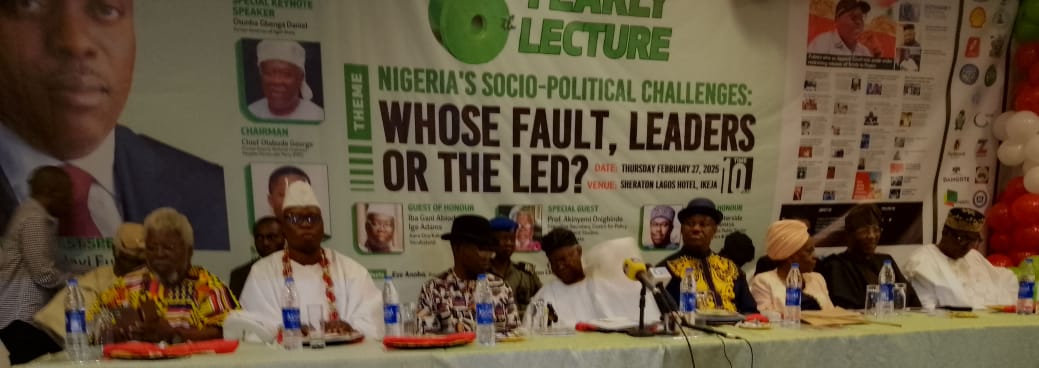

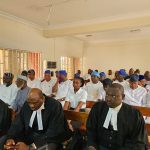
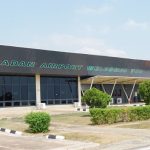




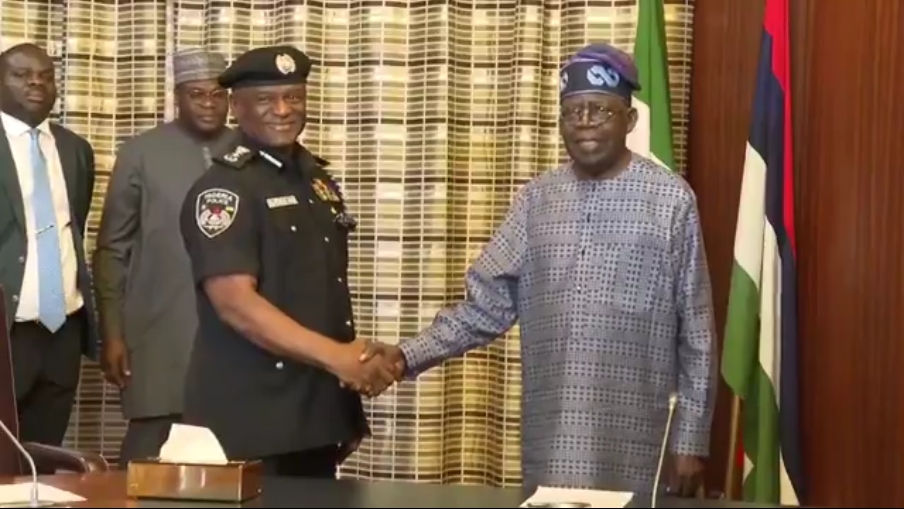
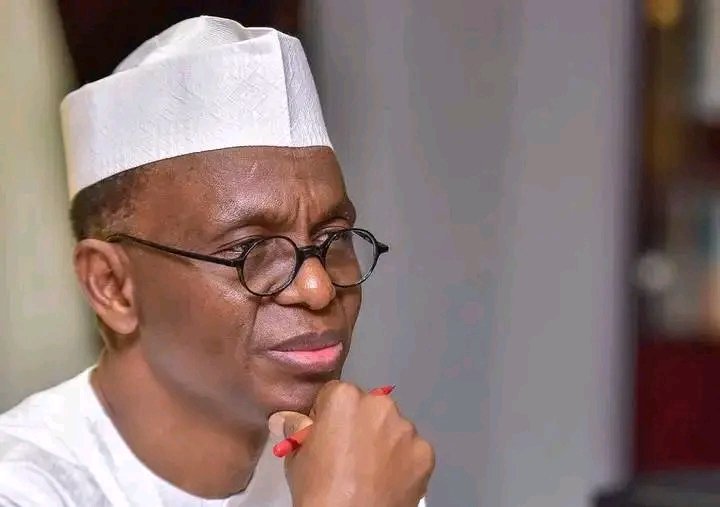
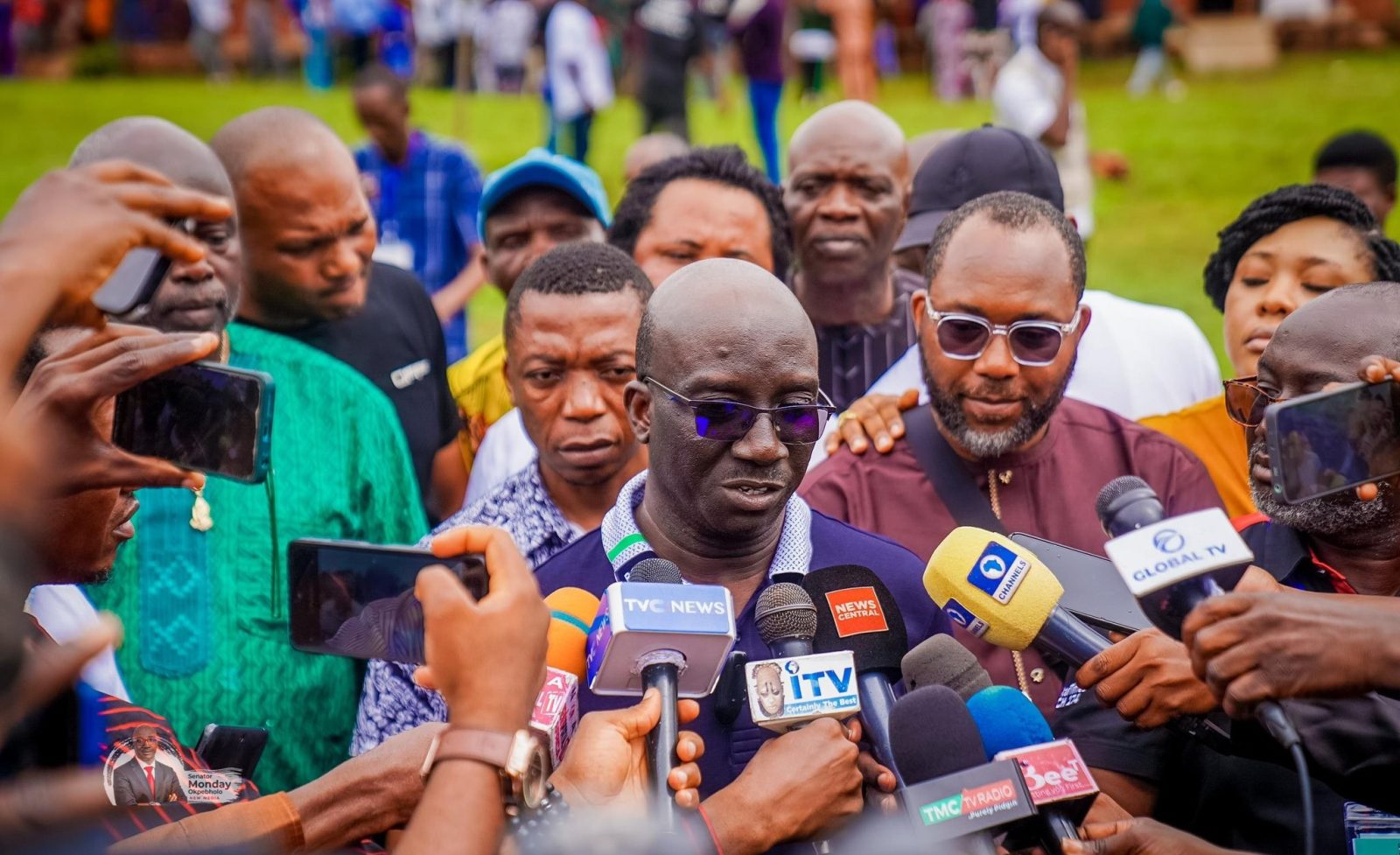
Leave a comment